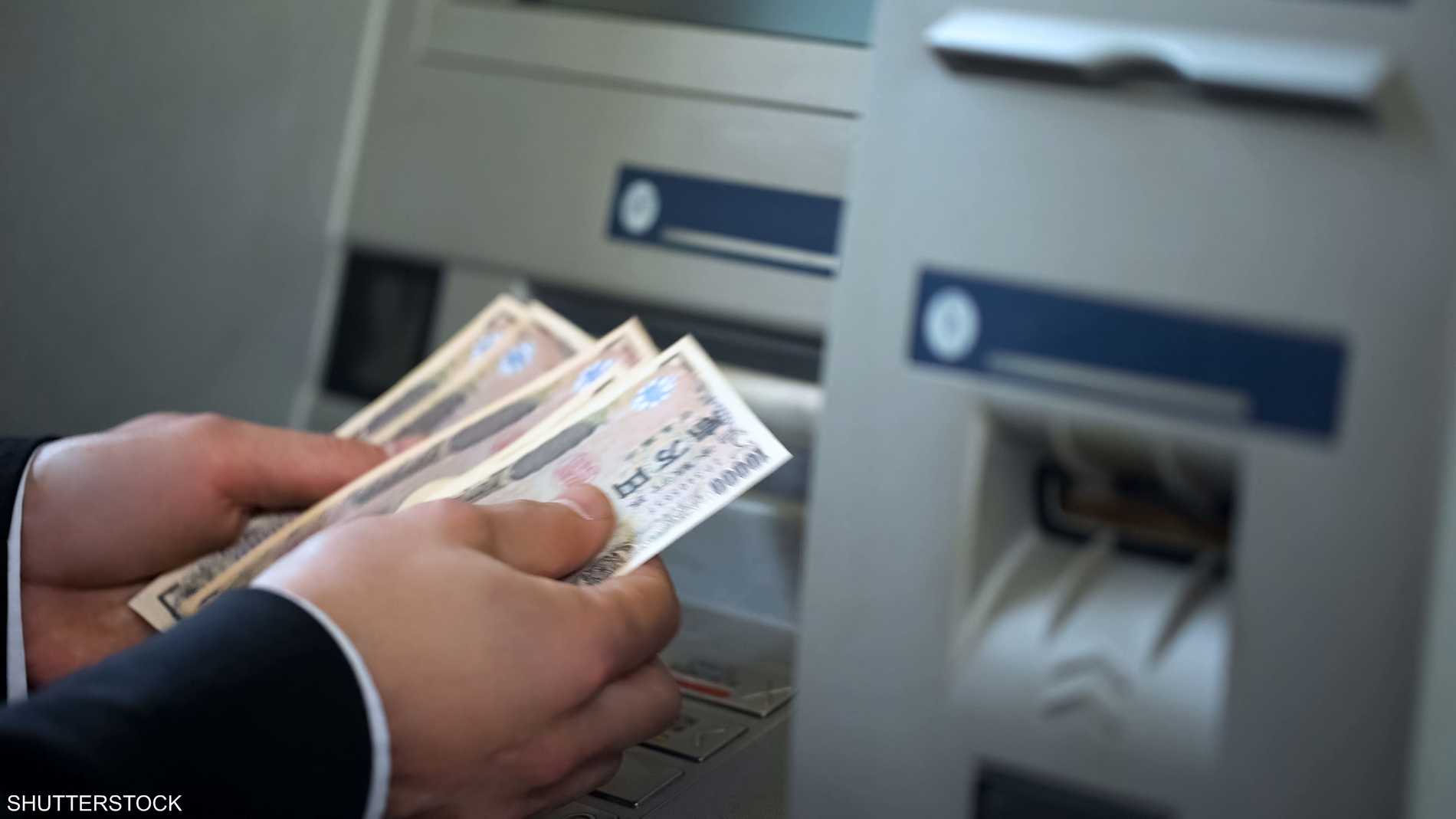The yen is heading for its worst weekly performance in a year… and the euro is suffering
October 12, 2025

The yen rose slightly during early Friday trading, but is on track to record its largest weekly loss in a year due to the rapid decline in the prospects for raising interest rates in the near term.
The euro also traded near its lowest level in two months at a time when traders awaited the appointment of France’s sixth prime minister in less than two years.
The yen rose 0.2 percent to 152.7 per dollar, but remained close to the lowest level since mid-February, which it reached yesterday, Thursday.
The Japanese currency is heading to record a weekly decline of 3.5 percent, which is the largest decline since October of last year, according to Reuters data.
The reason for the significant decline witnessed by the yen is due to fears that the Bank of Japan will not raise interest rates again this year after the surprise victory achieved by Sanae Takaichi as leader of the ruling party, which is known for its tendency towards monetary easing, which has reinforced fears that the Japanese authorities need to intervene to support the yen.
Carol Kong, currency strategist at the Commonwealth Bank of Australia, said "Markets still believe Takaichi’s leadership will make it politically difficult for the Bank of Japan to raise interest rates".
Takaichi said on Thursday that the Bank of Japan is responsible for setting monetary policy, but any decision it makes must be consistent with the government’s goal.
The euro was trading in the latest transactions at $1.15705, near the lowest level in two months that it recorded yesterday, Thursday, and it is also on its way to record a weekly decline of 1.5 percent, which is the largest decline in 11 months, at a time when political turmoil in France put pressure on the single European currency.
This resulted in a strengthening of the US currency’s position, with the dollar index, which measures its performance against a basket of six currencies, rising to 99.33, near the highest level in two months, putting the index on the path to recording a weekly increase of 1.7 percent, which would constitute the largest jump in a year.
Chris Weston, head of research at Pepperstone, said in a note "There is still high skepticism that the dollar index can exceed the 100 level from which it quickly fell in May".
The Australian dollar rose 0.14 percent to 0.6565 US dollars. But the British pound was trading at $1.331, close to the lowest level in two months that it reached yesterday, Thursday, and it is also on track to record its worst weekly performance in two months, as it fell by one percent since the beginning of the week.
The New Zealand dollar was also trading at $0.5755, near the lowest level in six months, after the central bank cut its benchmark interest rate on Wednesday.